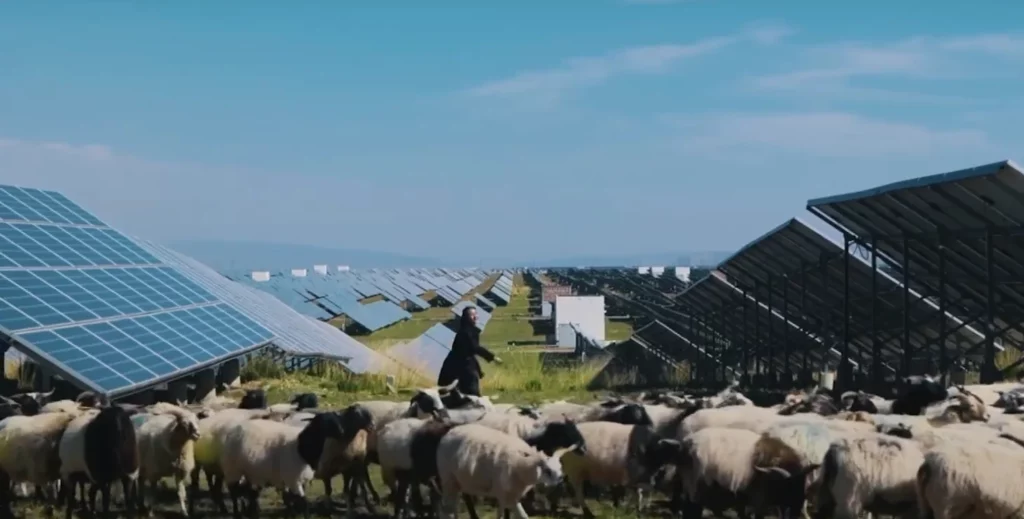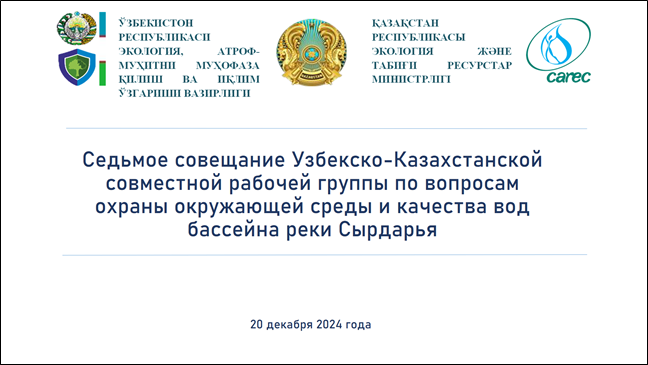The remoteness of Central Asian countries from the ocean, which is the largest absorber of excess heat and energy, threatens the region with more dire consequences of climate change. At the same time, Tajikistan, as a mountainous country, needs to approach this problem in a targeted manner. Alexey Kokorin, a Russian expert on climate issues, told Asia-Plus about this in an interview.
Humanity has destabilized the climate system
“There is a large climate system of the Earth with a large greenhouse effect of 33 degrees. And we, small humanity, have increased this effect by 5-7 percent by burning fossil fuels. By shaking and shifting this complex system, we have increased the greenhouse effect by one and a half degrees. In Central Asia, this shift is greater. But it is greater only because the heat goes into the ocean, and there is no ocean in the region,” Alexey Kokorin, a climate expert at the Russian foundation “Nature and People” and the leading author of the IPCC reports, told Asia-Plus.

According to Kokorin, we can observe such “shaking” with our own eyes today. It is expressed in dangerous meteorological phenomena, such as droughts, mudflows, storm winds, and others.
Such phenomena have happened before, but today they are becoming more and more frequent.
In 90% of cases, you can adapt to all of this, especially if you don’t make the situation worse or harm yourself.
“If we look at the forecasts for Central Asia, winter precipitation will increase somewhat, while summer precipitation, on the contrary, will decrease. If any abnormal phenomena occur during the year, for example, a snowless winter or excessive precipitation during the warm season, then this should become the subject of detailed research,” the climatologist says.
Water is the main problem
The most difficult consequences of climate change in Central Asian countries will be related to the water problem. At the same time, according to the expert, it is also important to follow the principle of “do no harm”.
“In the case of Tajikistan, which is a mountainous country, we need to approach this problem point by point, exploring valley by valley. This is certainly much more difficult to do,” the expert notes.
At the same time, speaking about the melting of glaciers, the climatologist noted that the largest glaciers will not be subject to this problem.
“Agriculture relies on water accumulated by lower-altitude glaciers. We will definitely lose them and will not be able to preserve them. We can only reduce the area of losses. To do this, it is very important to analyze what the losses will be for a specific settlement and what measures need to be taken,” the expert notes.
According to him, a special Fund for compensation of losses and damages has been created for this purpose. It is intended for the states that suffer the most from the consequences of climate change.



